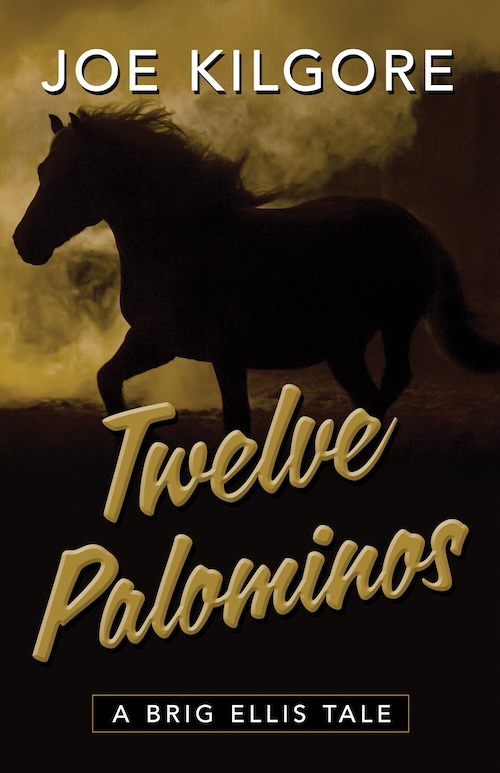Unapologetically Sordid. Funny Too.
Tuesday, January 25th, 2011One of the guilty pleasures of reading noir is that you’re sure to find plenty of lives that are decidedly more horrendous than yours. It’s comforting to know that things could be a hell of a lot worse than they already are. With each turn of the page a release valve emits just enough trouble, chaos, and angst to keep you chewing up chapter after chapter. And if you’re really lucky, you engage with an author that frequently keeps you smirking silently or giggling out loud.
You’ll find all of the above and more in Victor Gischler’s novel, The Deputy. It’s a nonstop monologue from one of literature’s more lovable losers. At least that’s the way you think of him for quite a while. What else would you think of a peace officer who shows up for a murder investigation in sweatpants and is unable to clip his sidearm on because “the gun was too heavy, (it) kept pulling the waistband down past my ass-crack.”
Sartorial shortcomings are just the beginning of Billy, The Deputy’s, often self-inflicted wounds. He makes bad decisions. Not just in his job, but in his life as well. He’s a failed musician who has been taken on (part-time) by the police department in a tiny town in Oklahoma that makes nowhere look big. He lives in a trailer with his wife and baby son and seems in no particular hurry to advance his station in life. He’s having an illicit affair with a high school goth who keeps him coming back for more, in grave peril not only to his marriage but his life as well. (The teenager lives with her violent truck-driving stepfather.) And he manages to lose the dead body he’s been assigned to watch. Which starts an avalanche of onrushing peril unequaled in the annals of paperback pulp.
But here’s the thing. You can’t help but like the guy. Victor Gischler, the author, has done such a good job of showing you the better angels of Billy’s character, that you wind up rooting for him like a four touchdown underdog in a non-conference sleeper. Even though he’s having an affair, he loves his wife. Even though he’s a bone fide slacker, he wants to do right by his son. Even though he screws up time after time, he never stops trying to make everything right.
Events, as they usually do in these sorts of stories, start to go from bad to worse. After losing the aforementioned body, there’s a shoot-out and an axe murder in Billy’s trailer, while he’s holding his infant son. There’s a beating, a car chase, an accident, a shooting, an 18-wheeler plowing into a motel room, another shooting, a house being burned down, another shooting at a drive-in movie, an assault on a police station followed by (you guessed it) another shooting, there’s hand-to-hand combat, a gun duel in the street (which actually qualifies as another shooting), there’s beating, choking, (I can’t actually remember if there’s stabbing), but, to top it all off, yes, say it with me, there’s another shooting. Oh, and I neglected to mention, it all happens in one night.
Through it all, Gischler keeps you rooting for Billy via perfect pace and ribald references such as: “The inside of Luke’s truck smelled like stale beer and armpit.” And, “I went through the screen door and found myself in a hot, stuffy room, stacks of books, magazines, and newspapers surrounding an old overstuffed armchair. The place smelled like fried bologna and Ben Gay.” And “There was something in a Tupperware bowl that might have been meatloaf, but I decided not to risk it.”
I won’t spoil it for you by telling you what happens in the end, and to whom. But suffice it to say you’ll probably rip-read this baby in one sitting. Not because it’s short, but rather because it’s too damn good to put down.
Victor Gischler writes novels, comic books (or the more politically correct, graphic novels, I guess I should say) movie scripts, video games and more. Along with teaching English. Pretty awesome dude. Check him out when you can. The Fiction Fortune Hunter did. And I’m the better for it.
